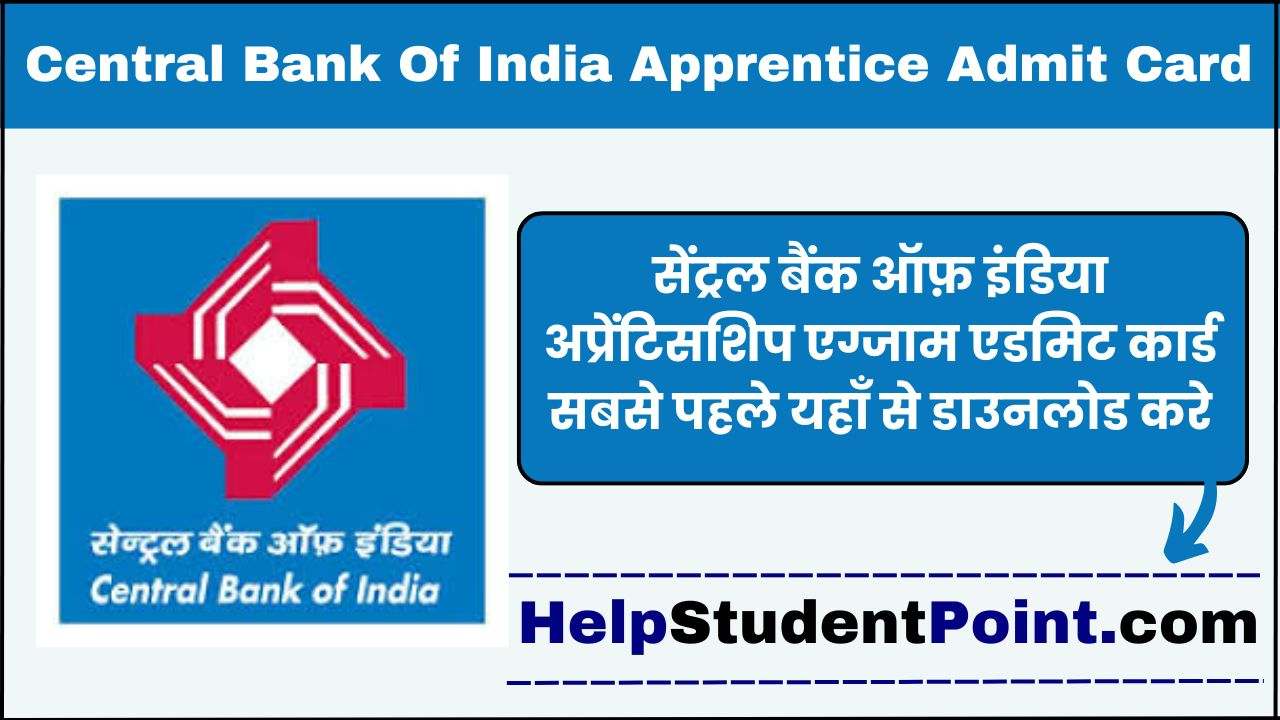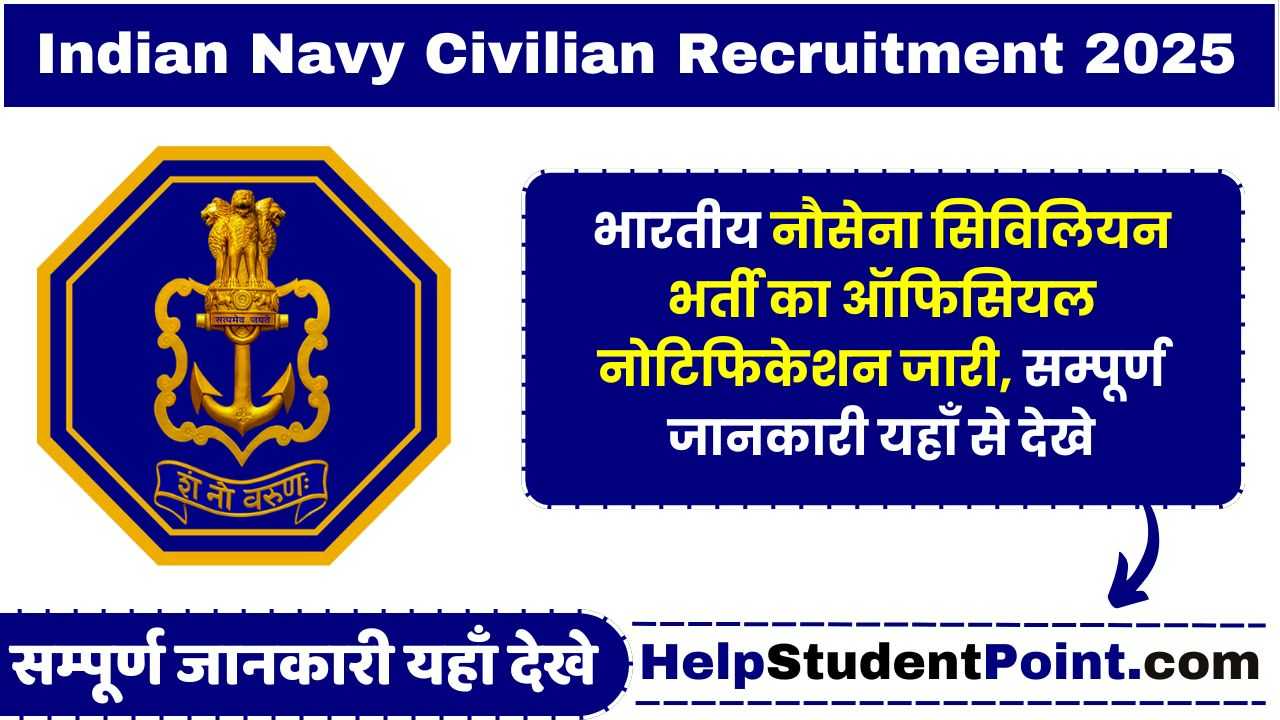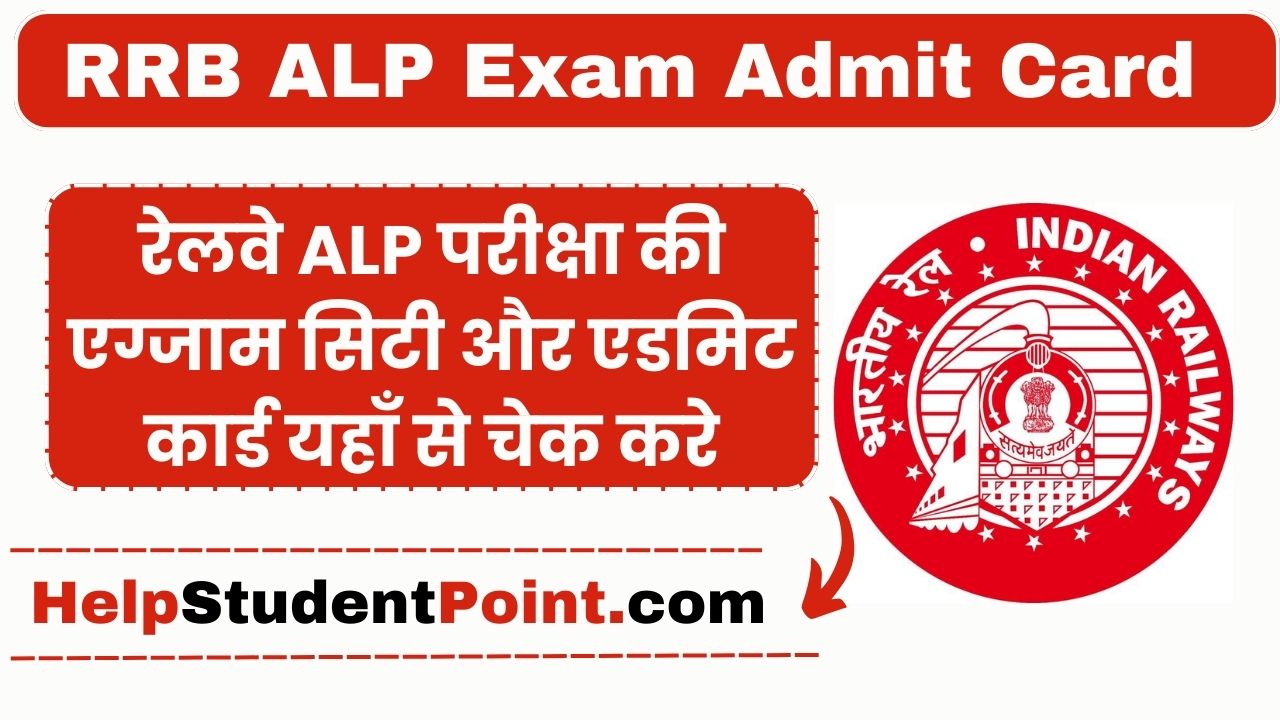UPSC Agriculture Engineering Optional Syllabus For IFS Mains 2021 upsc agriculture Engineering optional syllabus in hindi, upsc agriculture Engineering optional, upsc agriculture Engineering optional highest marks Agriculture Engineering optional syllabus, upsc agriculture Engineering optional Syllabus, upsc agriculture Engineering optional question paper, agriculture Engineering optional upsc notes UPSC IFS Agriculture Engineering Optional Syllabus for Paper-I, UPSC IFS Agriculture Engineering Optional Syllabus for Paper-II
| UPSC IFS Agriculture Engineering Optional Syllabus for Paper-I |
|
SECTION A
- Soil and Water Conservation : Scope of soil and water conservation. Mechanics
and types of erosion, their causes. Mechanics and types of erosion, their causes.
Rainfall, runoff and sedimentation relationships and their measurement. Soil erosion
control measures – biological and engineering including stream bank protection vegetative barriers, contour bunds, contour trenches, contour stone walls, contour ditches, terraces, outlets and grassed waterways. Gully control structures – temporary and permanent – design of permanent soil conservation structures such as chute, drop and drop inlet spillways. Design of farm ponds and percolation ponds. Principles
of flood control-flood routing. Watershed Management – investigation, planning and
implementation – selection of priority areas and water shed work plan, water
harvesting and moisture conservation. Land development – leveling, estimation of
earth volumes and costing. Wind Erosion process – design for shelter belts and wind
brakes and their management. Forest (Conservation) Act.
- Aerial Photography and Remote Sensing : Basic characteristics of photographic
images, interpretation keys, equipment for interpretation, imagery interpretation for
land use, geology, soil and forestry. Remote sensing – merits and demerits of
conventional and remote sensing approaches. Types of satellite images, fundamentals
of satellite image interpretation, techniques of visual and digital interpretations for
soil, water and land use management. Use of GIS in planning and development of
watersheds, forests including forest cover, water resources etc.
Section B
- Irrigation and Drainage : Sources of water for irrigation. Planning and design of
minor irrigation projects. Techniques of measuring soil moisture – laboratory and in
situ, Soil-water plant relationships. Water requirement of crops. Planning conjunctive
use of surface and ground water. Measurement of irrigation water, measuring devices
– orifices, weirs and flumes. Methods of irrigation – surface, sprinkler and drip,
fertigation. Irrigation efficiencies and their estimation. Design and construction of
canals, field channels, underground pipelines, head-gates, diversion boxes and
structures for road crossing.
Occurrence of ground water, hydraulics of wells, types of wells (tube wells and open
wells) and their construction. Well development and testing. Pumps-types, selection
and installation. Rehabilitation of sick and failed wells.
Drainage causes of water logging and salt problem. Methods of drainage- drainage of
irrigated and unirrigated lands, design of surface, sub-surface and vertical drainage
systems. Improvement and utilization of poor quality water. Reclamation of saline and
alkali soils. Economics of irrigation and drainage systems. Use of waste water for
irrigation – standards of waste water for sustained irrigation, feasibility and
economics.
- Agricultural Structures : Site selection, design and construction of farmstead –
farm house, cattle shed, dairy bam, poultry shed, hog housing, machinery and
implement shed, storage structures for food grains, feed and forage. Design and
construction of fences and farm roads.
Structures for plant environment – green houses, poly houses and shade houses.
Common building materials used in construction – timber, brick, stone, tiles, concrete
etc and their properties. Water supply, drainage and sanitation system.
|
| UPSC IFS Agriculture Engineering Optional Syllabus for Paper-II |
|
Section A
- Farm Power and Machinery : Agricultural mechanization and its scope. Sources
of farm power – animate and electro-mechanical. Thermodynamics, construction and
working of internal combustion engines. Fuel, ignition, lubrication, cooling and
governing system of IC engines. Different types of tractors and power tillers. Power
transmission, ground drive, power take off (p.t.o.) and control systems. Operation and
maintenance of farm machinery for primary and secondary tillage. Traction theory.
Sowing transplanting and interculture implements and tools. Plant protection
equipment – spraying and dusting. Harvesting, threshing and combining equipment.
Machinery for earth moving and land development – methods and cost estimation.
Ergonomics of man-machine system. Machinery for horticulture and agro-forestry,
feeds and forages. Haulage of agricultural and forest produce.
- Agro-energy : Energy requirements of agricultural operations and agro-processing.
Selection, installation, safety and maintenance of electric motors for agricultural
applications. Solar (thermal and photovoltoic), wind and bio-gas energy and their
utilization in agriculture. Gasification of biomass for running IC engines and for
electric power generation. Energy efficient cooking stoves and alternate cooking fuels.
Distribution of electricity for agricultural and agro-industrial applications.
Section B
- Agricultural Process Engineering : Post harvest technology of crops and its scope.
Engineering properties of agricultural produces and by-products. Unit operations –
clearing grading, size reduction, densification, concentration, drying/dehydration,
evaporation, filtration, freezing and packaging of agricultural produces and byproducts. Material handling equipment belt and screw conveyors, bucket elevators,
their capacity and power requirement.
Processing of milk and dairy products – homogenization, cream separation,
pasteurization, sterilization, spray and roller drying, butter making, ice cream, cheese
and shrikhand manufacture. Waste and by-product utilization – rice husk, rice bran,
sugarcane bagasse, plant residues and coir pith.
- Instrumentation and computer applications in Agricultural Engineering :
Electronic devices and their characteristics-rectifiers, amplifiers, oscillators, multi vibrators. Digital circuits – sequential and combinational system. Application of
microprocessors in data acquisition and control of agricultural engineering processes measurement systems for level, flow, strain, force, torque, power, pressure, vacuum
and temperature. Computers – introduction, input/output devices, central processing
unit, memory devices, operating systems, processors, keyboards and printers.
Algorithms, flowchart specification, programme translation and problem analysis in
Agricultural Engineering. Multimedia and Audio-Visual aids.
|
Frequently Asked Questions (FAQs) on UPSC Indian Forest Service Optional Syllabus
Question- What does it mean General Aptitude (CSAT) has been made qualifying”? Will only General Studies marks be counted for clearing Prelims examination?
Answer- Yes, provided you have scored at least 33% marks in CSAT paper.
Question- If I have given an attempt at Civil Services, is that counted in Indian Forest Service (IFS) Attempt too?
Answer- No. Your attempt for Civil service exam and Forest exam are counted separately. Even if you have exhausted all your CSE attempts, you can appear for IFS.
Question- Will my marks scored in Prelims affect my scores in Mains examination?
Answer- No. Prelims examination is meant to serve as a screening test only. Once you qualify Prelims, what you have scored before does not matter in Mains.





